The myth of Christian nationalism needs to be debunked. But first, we need to define nationalism, Christian nationalism, and why they are two totally different things.
Christian nationalism has been on the rise in politics as the media warns people that Christians should keep themselves and their religion out of politics. After all, separation of church and state, right?
When Trump took office, Christian nationalism got even worse (right?). He fanned the flames of evangelicalism and the Christian roots of America, and everything exploded January 6, 2021 when a terrible riot took place in D.C.
Ok… I hope you can feel the sarcasm dripping off these words. Christian nationalism is widely misunderstood, poorly used, and undefined. Can we debunk it?
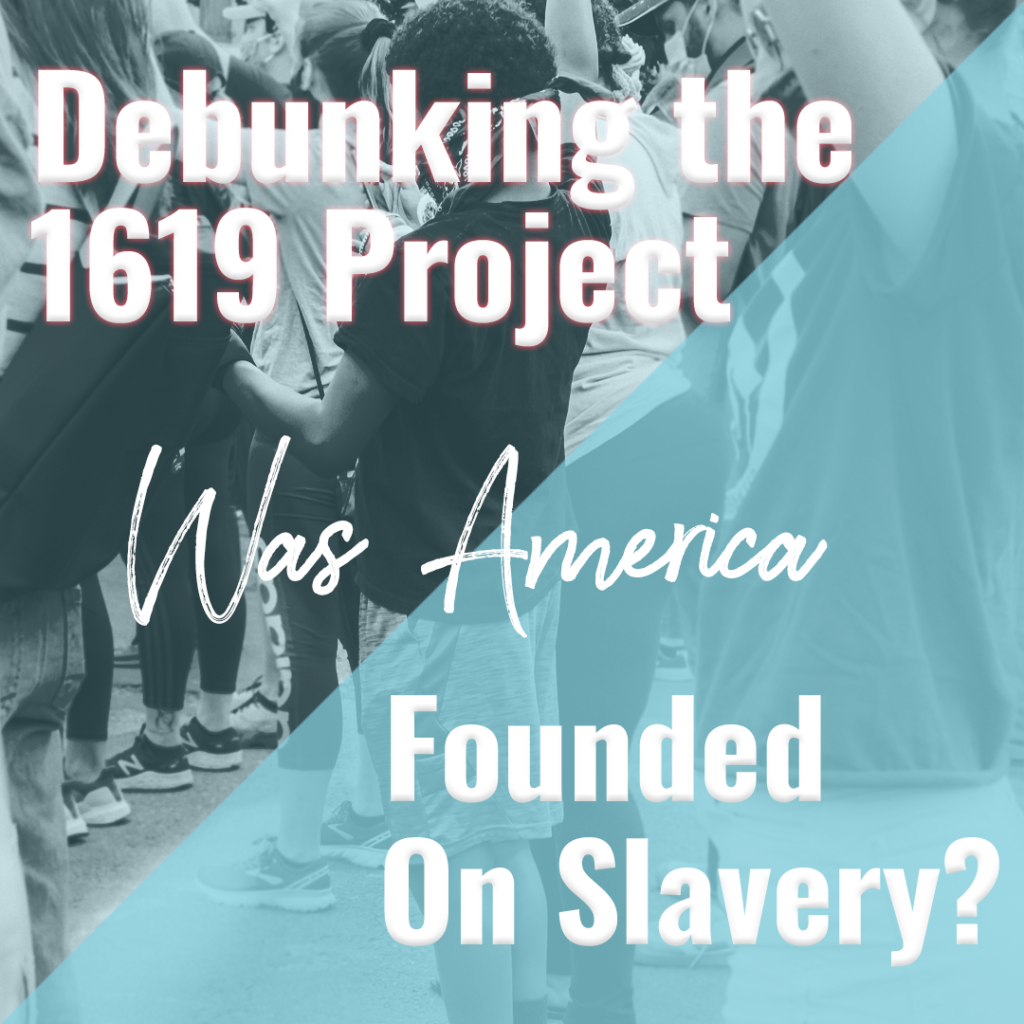
RELATED: Debunking The 1619 Project: Was America Really Founded On Slavery?
What Is Nationalism?
Nationalism (minus the Christian) is defined by the Merriam-Webster Dictionary as “loyalty and devotion to a nation, […] a sense of national consciousness, […] exalting one nation above all others and placing the primary emphasis on promotion of its culture and interests as opposed to those of other nations […].”
Nationalism is often blamed as the cause for World War I, and it did have a part to play in the scheme of things, but it should not always be the only cause. There were other factors.
What is CHRISTIAN Nationalism?
Christians themselves have very different definitions of Christian nationalism. Some Christians, on the other hand, believe that Christian nationalism propagates racism, inequality, and authoritarianism.
Some of them, like myself, believe that it is not wrong to be a Christian nationalist because it promotes freedom of religion, capitalism, and equality- the very principles America was founded on.
Let’s dive in to the first definition of Christian nationalism, following a popular book endorsed by Tim Keller and Christianity Today.
1. Christianity Today’s Definition of Christian Nationalism
Christian nationalism is defined as the following (borrowed largely from Samuel Sey’s article on Founders):
“a cultural framework – a collection of myths, traditions, symbols, narratives, and value systems- that idealizes and advocates a fusion of Christianity with American civic life…it includes assumptions of nativism, white supremacy, patriarchy, and heteronormativity, along with a divine sanction for authoritarian control and militarism. It is as ehtnic and political as it is religious” (Taking America Back for God: Christian Nationalism in the United States, Andrew L. Whitehead and Samuel L. Perry).
The same authors categorize prominent Christian leaders and writers as Christian nationalists, including Jerry Falwell Jr., Franklin Graham, and Wayne Grudem.
Christian nationalists are well-known as those dissidents who support a strong family, oppose gun regulations, loves capitalism, and believes in private property rights.
The Gospel Coalition brings the hammer down on the nail when it says, “On biblical grounds alone, […], this ideal-of a ‘Christian nation’ other than the universal church; of the gospel as a social, moral, or political agenda; and of saving faith as something that can be legislated and enforced-must be rejected.”
Indeed, some Christians would try to legislate and enforce Christianity and saving faith, but that is not what most Christians desire or have in mind. No one can be forced into Christianity, and the Founding Fathers made that clear. The Gospel must not be legislated – that would be great disrespect. But is it so bad to think of America as a Christian nation?
If we follow this first definition of Christian nationalism, it is a horrible, evil thing indeed. But, like everything in this bizarro world right now, there is another definition that we must consider before making up our minds.
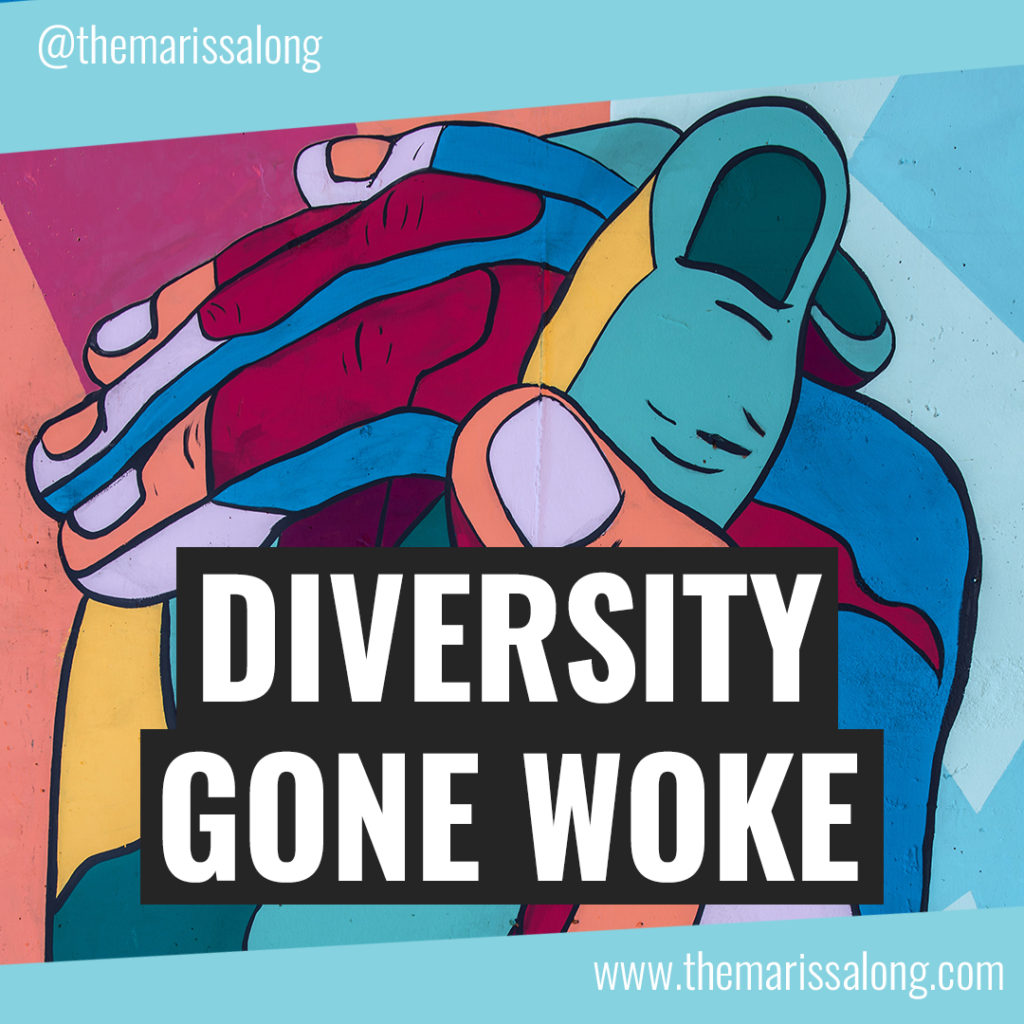
2. Christian Nationalism According to Conservatives
There is more than one definition of Christian nationalism. Got Questions makes the case that nationalism is one thing, and Chrisitan nationalism another thing. Both are easily intertwined and misdefined.
“‘Nationalism’ is rarely used as a criticism without qualification: it is tied to factions such as ‘white nationalism’ or ‘Christian nationalism’.
“Critics will often claim ‘Christian nationalism’ when there is the slightest connection between a person’s faith and his or her political and social views” (Got Questions).
A person’s religion is going to influence his politics, and that’s just human nature. Ilhan Omar’s religion affects his policies just as much as Donald Trump’s religion affected his.
Benjamin Rush, a Founding Father, once said the following:
“Patriotism is as much a virtue as justice and is as necessary for the support of societies as natural affection is for the support of families. The Amor Patriae is both a moral and a religious duty. It comprehends not only the love of our neighbors but of millions of our fellow creatures, not only of the present but of future generations. This virtue we find constitutes a part of the first characters in history. The holy men of old, in proportion as they possessed a religion, were endowed with a public spirit. What did not Moses forsake and suffer for his countrymen? What shining examples of Patriotism do we behold in Joshua, Samuel, Maccabeus, and all the illustrious princes, captains, and prophets amongst the Jews! St. Paul almost wishes himself accursed for his countrymen and kinsmen after the flesh. Even our Savior himself gives a sanction to this virtue. He confined his miracles and gospel at first to his own country.”
Those who have read the Bible know Benjamin Rush’s words ring true, even 200 years later.
Americans should have an innate desire to love their country and be patriotic. This side of nationalism is just and should be encouraged because when people love their country, they will treat their neighbors better, build up their communities, take part in government, and when America has a strong, vibrant community of patriots on her homeland, she shines the light of freedom every brighter across the seas to oppressed peoples.
Is this Christian nationalism? I never mentioned Christianity in that paragraph. Both Christians and non-Christians can take part in this. Perhaps nationalism is not as bad as they make it out to be.
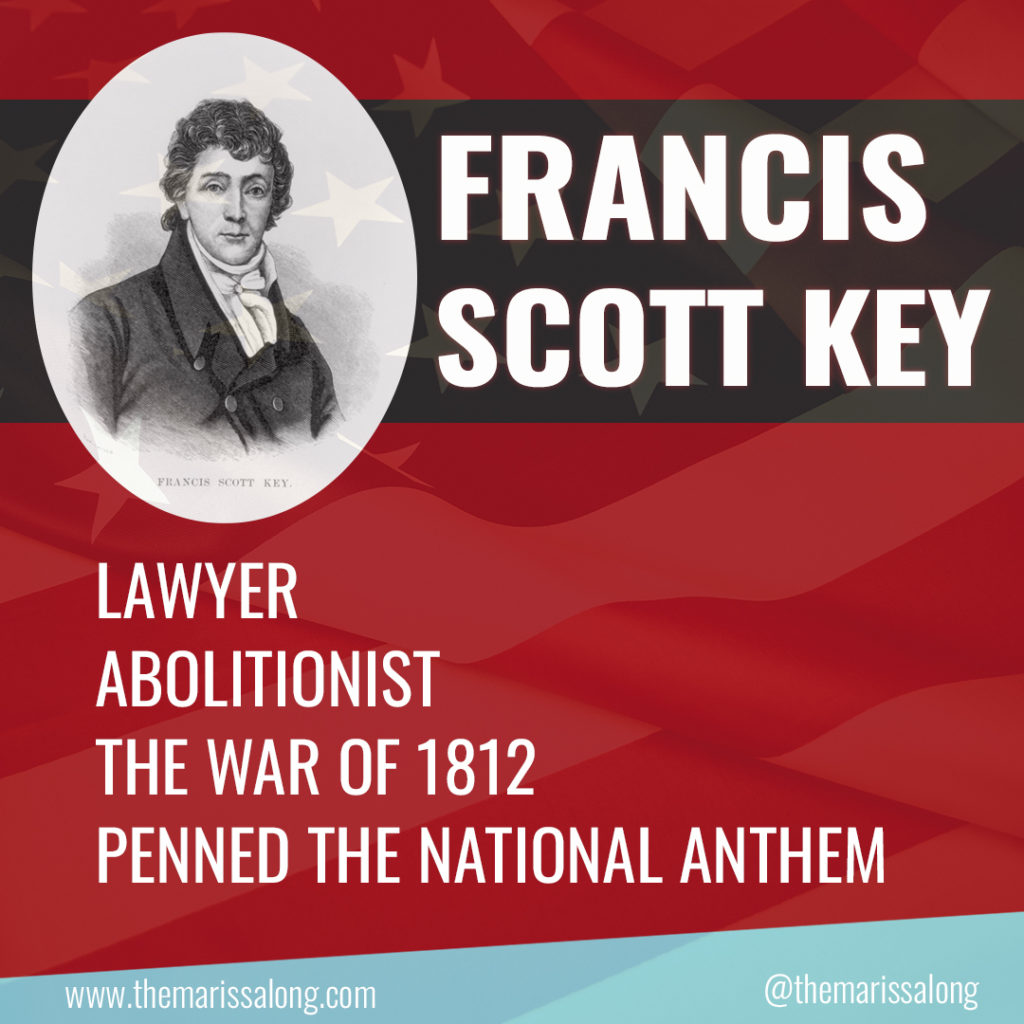
Also Read: Francis Scott Key: The Fight Against Slavery and the Star Spangled Banner
What the Narrative Has to Say About Christian Nationalism (Christianity Today & Samuel Sey & Washington Monthly)
When the media addresses Christian nationalism, you’ll hear most spokespeople saying things like, “These conservatives want to stop gay rights! They want male supremacy! They want white oppression!”
There are some people who call themselves Christian and want these things, but most Christians in politics do not believe we should do the list of things that categorizes Christian nationalism. Most Christians are okay with gay rights, as long as those rights don’t turn around and make Christian bakery owners bake a cake if they disagree with gay lifestyles. Most Christians want equal rights for both men and women, not male supremacy. Most Christians want all skin colors to be equal, not white oppression. It’s important to hear both sides of an issue out, not to simply hear one side say Christian nationalists are “this way”. Most of these “Christian nationalists” would probably step back and say, “I’m not a Christian nationalist! I’m just a Christian in politics!”
Claiming that someone is a Christian nationalist simply because you see a connection between their political beliefs and their religion is a deductive fallacy (all men are immortal, Socrates is a man, therefore Socrates is immortal). Just because a political figure is Christian doesn’t mean he is a nationalist, and visa versa.
Got Questions brings this to light:
“It would be misleading and unfair to characterize all support for LGBTQ civil rights as ‘homosexual nationalism.’ Those who believe in the separation of church and state are not “atheist nationalists.” The activists who opposed Jim Crow-era segregation were not “black nationalists.” And voters whose morality is defined by the Bible are not “Christian nationalists.” That’s not to say persons identified with sexual, religious, or ethnic groups can never be described as extremists; rather, the point is that advocating specific perspectives does not automatically imply radical nationalism.”
Christian Nationalism Is Misunderstood and Redefined
Christian nationalism is a stereotype that is similar to woke racism today. Nationalism can do harm, but the nationalism of today is not the nationalism of WWI. Conservatives often joke about being called the “R” word, because being called a racist is essentially the media’s way of saying, “Shut up, you conservative, Christian, freedom-loving, Constitutional Free Thinker!”
Christians should feel similarly about being called a nationalist. It’s the Left’s way of saying, “Shut up, you conservative Chrisitan that got involved in politics and your community! Shut up, and quit saying you love America. Quit being patriotic!”
America’s founding was influenced by Christianity. Natural rights come largely from Christianity and the worth every human has because they are created by God. Virtue and justice come largely from Christianity and the Bible. The majority of the Founding Fathers were Bible-believing Christians.
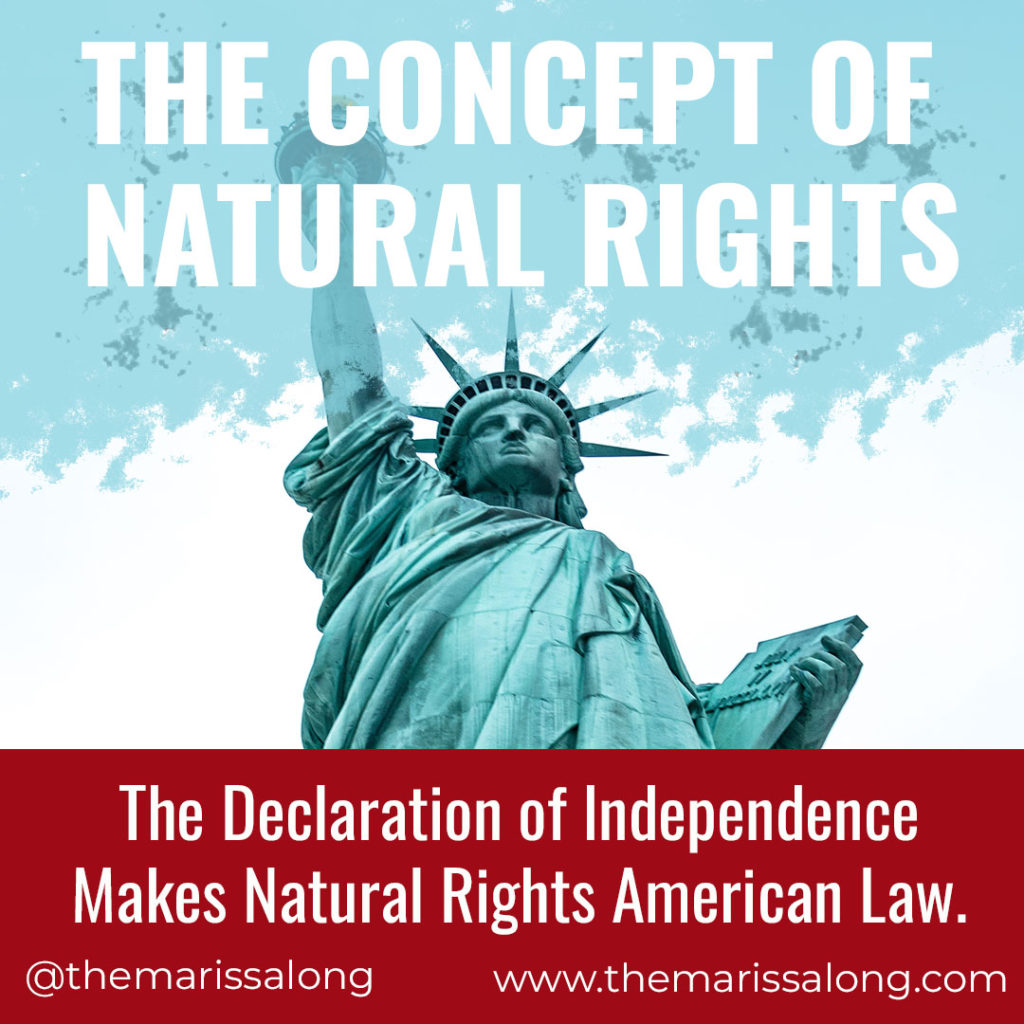
RELATED: The Concept of Natural Rights
“Christian beliefs still provide the intellectual background for many of our cultural values such as respect for human dignity, the need to care for the disadvantaged, and respect for the rule of law. In all of these senses, America could be called a ‘Christian nation’” (Family Research Council).
And yet America has rejected many Christian principles, Christians are not encouraged or admired, morality is not acceptable and “cool” anymore, and our leaders no longer embrace Christianity. America has left her Christian influences behind.
As a Christian, it’s okay and good to “affirm God’s providential working in history. The material blessings of the United States are not unconnected from the Christian morality that undergirded our country, and Christians should continue to exert thei rinfluence at all levels of government, while allowing a free marketplace of ideas that allows for open debate and religious freedom” (Family Research Council).
Conclusion
With all that being said, don’t be afraid to stand up for your beliefs, to get involved in politics, and to be outspoken about your religion. These don’t make you a nationalist, and in part 2, I want to get into why nationalism (in its new definition) isn’t all that bad.
Thanks for reading!

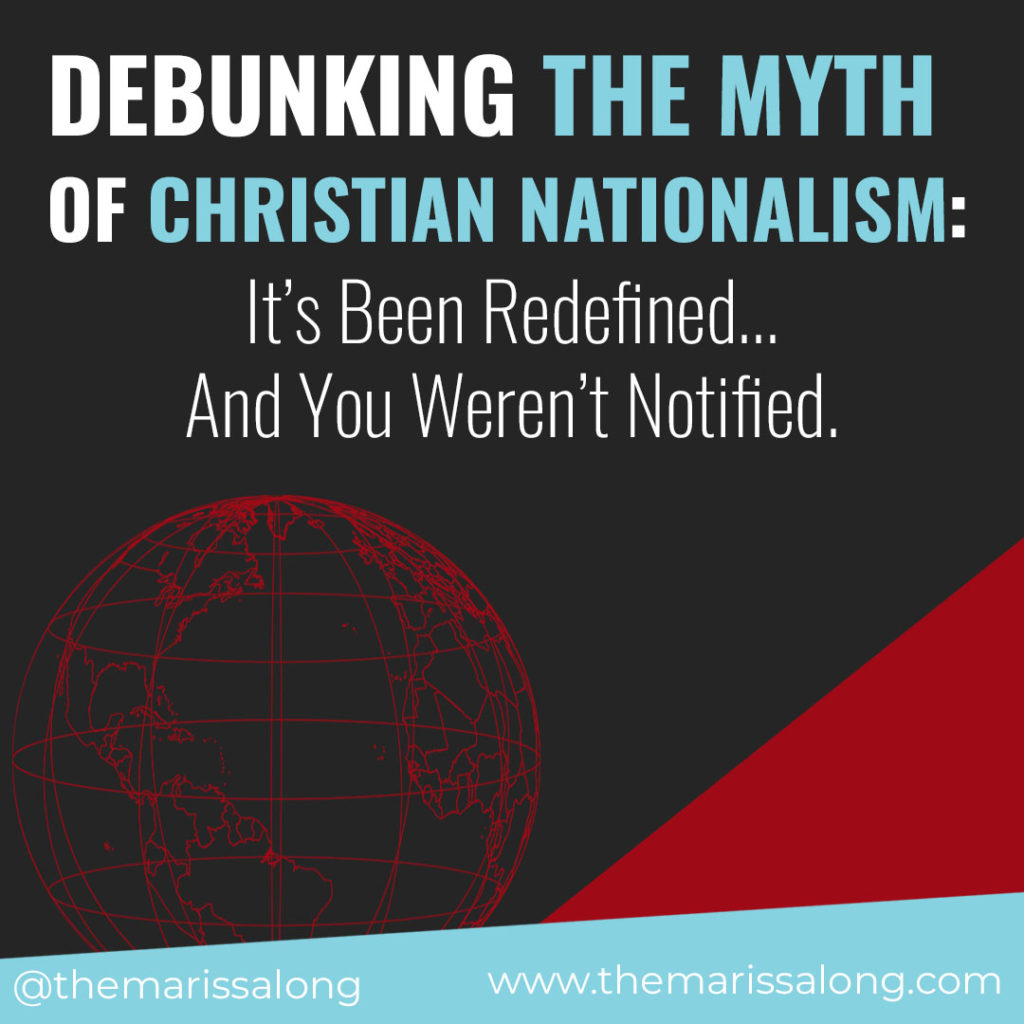
3 comments